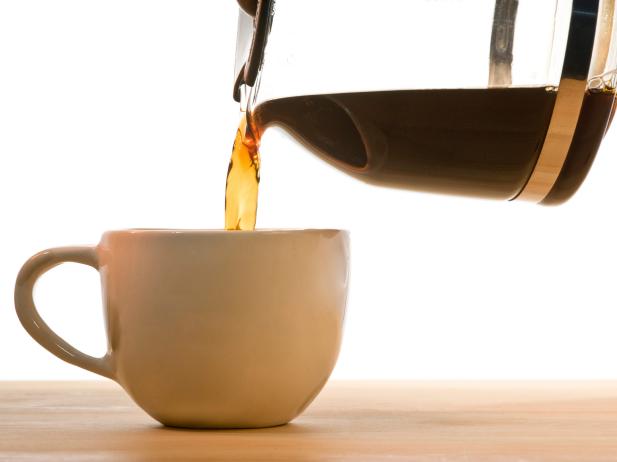A Biased View of Caffeine Addiction And Chronic Fatigue Recovery - Coffig

Caffeine Addiction and Withdrawal Symptoms - We Do Recover Things To Know Before You Buy

What is caffeine? Caffeine is the stimulant in your coffee, tea, chocolate and soda that minimizes fatigue, increases awareness and gives you an increase of energy. It can also cause sleeping disorders, headaches, dehydration and high blood pressure, if you're not careful. For many, caffeine is a tool to help them awaken, liven up and concentrate.

Caffeine Withdrawal: Symptoms, Timeline, & Treatment
Caffeine is a white, bitter substance that's found naturally in over 60 plants, consisting of coffee beans, tea leaves and cacao pods that are used to make chocolate. The U.S. Food and Drug Administration (FDA) thinks about caffeine to be both a food additive and a drug. The quantity of caffeine in your food and drink differs.

13 Remedies To Help You Get Rid of Caffeine Addiction - lifeberrys.com
Coffee can have just two milligrams of caffeine (decaf coffee) per cup, and as much as 200 milligrams per cup. Your typical tea has about 40 milligrams of caffeine, however it can range from 9 to 110 milligrams. Twelve ounces of soda pop/soft beverage generally has 30 to 60 milligrams of caffeine.
What effect does caffeine have on the body? Caffeine passes into your blood stream from your stomach and small intestine. When in your blood stream, caffeine promotes your central nerve system your nerves, brain and spine to make you feel more awake and alert. Caffeine reduces tiredness and enhances focus and concentration.
SAMHSA's National Helpline – 1-800-662-HELP (4357) Things To Know Before You Get This
When you consume or eat caffeine, the dopamine signaling in your brain is enhanced. Dopamine is a chemical that assists with controlling inspiration, feelings and movement. You feel more alert and awake when the signaling increases. How This Website is too much? The typical American adult takes in 200 mg of caffeine a day.

Confessions of a Caffeine Addict: 40 True Anonymous Short Stories (Caffeine Detox Collection): Kushner, Marina: 9781632270672: Amazon.com: Books
Consuming approximately 400 mg or 4 cups of coffee does not cause problems for many people. But, caffeine impacts people in a different way, depending upon their size, gender and level of sensitivity to it. If you're delicate to caffeine, even moderate quantities can cause sleeping disorders (problem sleeping), fast heart rate, anxiety and feelings of restlessness.
What are the symptoms of having too much caffeine? Signs of having too much caffeine might consist of: Headache, uneasiness, dizziness. Having "the jitters" or feeling shaky. Sleeping disorders or sleep that is "on and off" throughout the night. Racing heart or irregular heart beat. Increase in blood pressure. Dehydration. Who should avoid caffeine? It's not safe for everybody to have caffeine in their diet.
